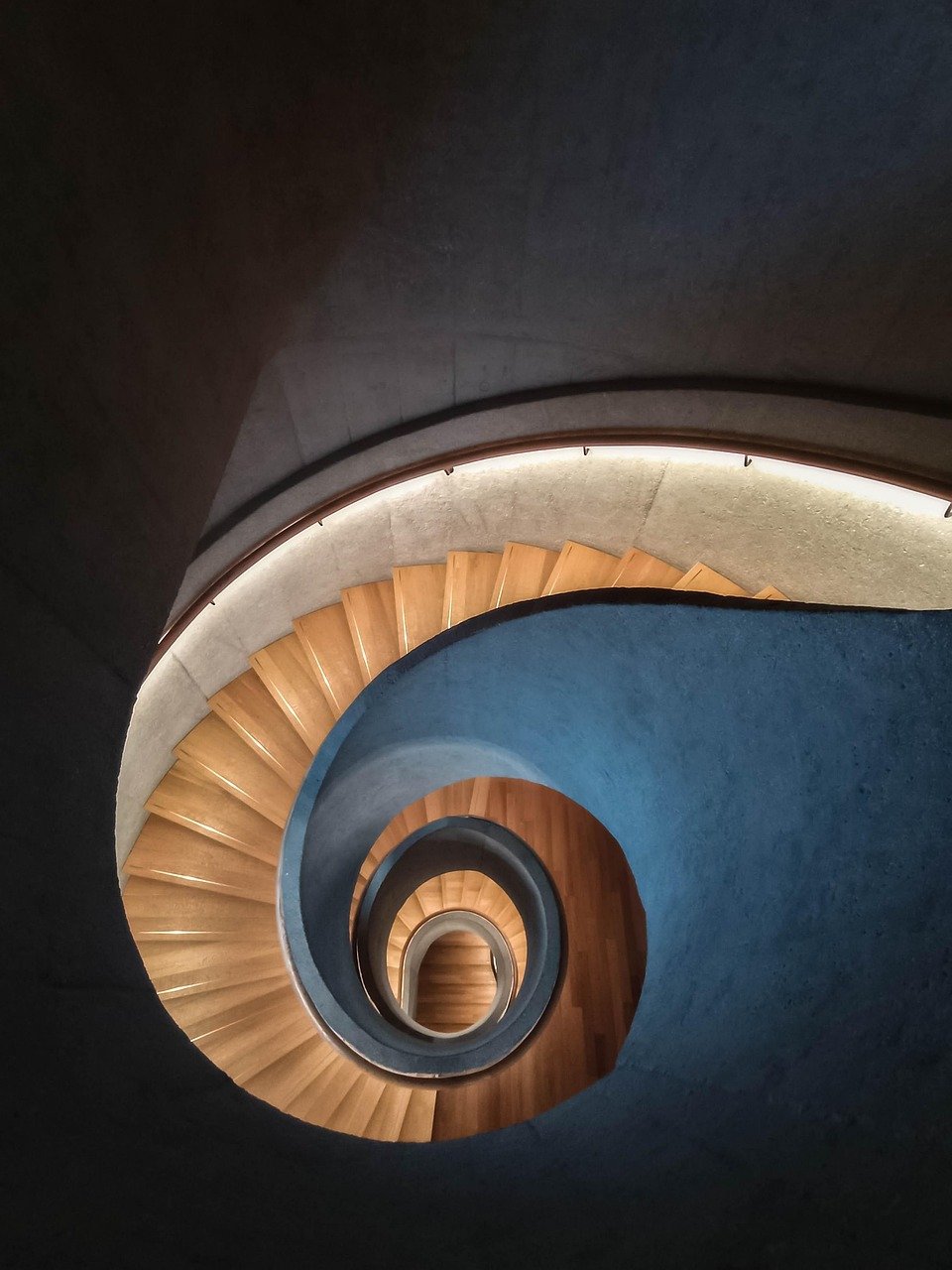Ketamine-Assisted Psychotherapy
Healing at the Speed of Your Nervous System
Trauma lives in the body. Traditional talk therapy engages the mind, but sometimes the nervous system needs something more; a doorway into deeper healing, where words fall away and the body can finally release what it's been holding.
What is Ketamine-Assisted Psychotherapy (KAP)?
Ketamine-assisted psychotherapy is an evidence-based treatment that combines the neuroplasticity-enhancing effects of ketamine with trauma-informed therapeutic support.
Ketamine is a legal, FDA-approved medicine that, when used in therapeutic doses, creates a temporary shift in consciousness. This shift allows your nervous system to step out of its habitual patterns of protection and defense, opening a window for profound healing and integration.
KAP is not sedation. It's not escape. It's an invitation for your system to soften, explore, and reorganize around safety rather than survival. KAP is a route back to your body’s innate inner-healing intelligence.
How Does KAP Work?
Ketamine works on multiple levels:
Neurologically
It increases brain-derived neurotrophic factor (BDNF), promoting new neural connections and allowing your brain to literally rewire trauma patterns. It temporarily quiets the default mode network—the part of your brain responsible for rumination, self-criticism, and rigid thinking.
Somatically
Ketamine helps your nervous system down-regulate from chronic fight, flight, or freeze states. When your body feels safe enough to let go, trapped emotions and memories can surface, be witnessed, and finally release.
Psychologically
The medicine creates what we call "non-ordinary states of consciousness"—expanded awareness where insight, meaning-making, and emotional processing happen organically, often beyond the reach of cognitive therapy alone.
Each KAP session is held within a structured, relationally attuned container.
We prepare together, journey together, and integrate together. The medicine does not do the work for you—it creates the conditions for your own inner wisdom to emerge.
What Does It Feel Like?
Every person's experience with ketamine is unique, but most describe a sense of:
Softening or dissolution of rigid mental patterns
A feeling of being held or supported
Distance from painful thoughts or memories (without losing awareness)
Gentle body sensations—tingling, warmth, lightness
Visual or sensory shifts (colors, patterns, expanded perception)
Deep emotional release or insight
A profound sense of interconnectedness or peace
Some people describe it as "observing themselves from a compassionate distance." Others feel a reconnection to parts of themselves they thought were lost.
The session is not about escaping your experience—it's about meeting it differently. With less defense. More curiosity. And the support of your nervous system in a regulated, safe state.
You remain conscious and able to communicate throughout. I stay present with you, guiding, grounding, and holding space for whatever arises.
What Are the Benefits?
Research and clinical practice show that KAP can support:
Rapid relief from depression, anxiety, and PTSD symptoms (often within hours to days, rather than weeks or months)
Release of trauma stored in the body, particularly trauma that feels "stuck" or inaccessible through talk therapy alone
Nervous system regulation, helping your body move out of chronic dysregulation and into greater flexibility and resilience
Decreased rumination and self-criticism, creating space for self-compassion and new perspectives
Reconnection to the body, especially for those who experience dissociation, numbness, or disconnection
Increased emotional range and capacity, allowing you to feel more fully without being overwhelmed
Meaning-making and insight, supporting a sense of purpose, clarity, and integration after difficult experiences
KAP is particularly effective for individuals who have tried traditional therapy and felt progress plateau, or for those whose trauma is deeply embodied and resistant to cognitive approaches alone.
Is KAP Right for You?
KAP is a powerful tool, and it's not for everyone. It requires readiness, safety, and the right therapeutic foundation.
During our free 15-minute consultation, we'll explore:
Your history and current symptoms
Whether KAP aligns with your goals
Any medical or psychiatric considerations
What preparation and integration would look like for you
This work is collaborative. You are the expert on your own system. I'm here to guide, support, and hold space as your body does what it already knows how to do: heal.

Ready to Explore KAP?
If you're feeling called toward this work—if something in your body says yes—let's talk.






